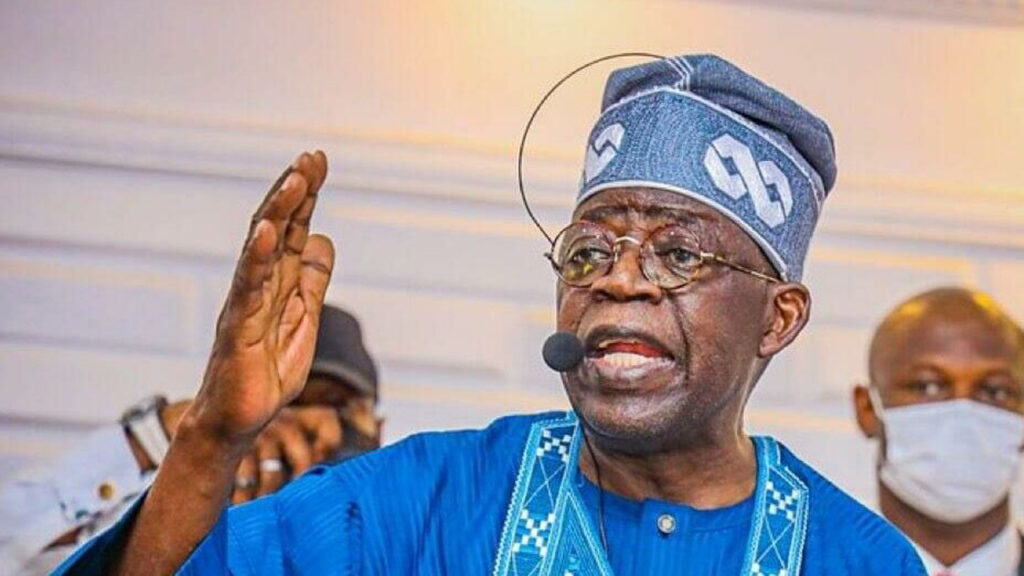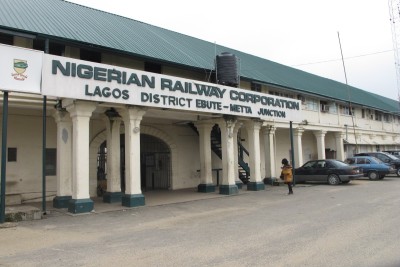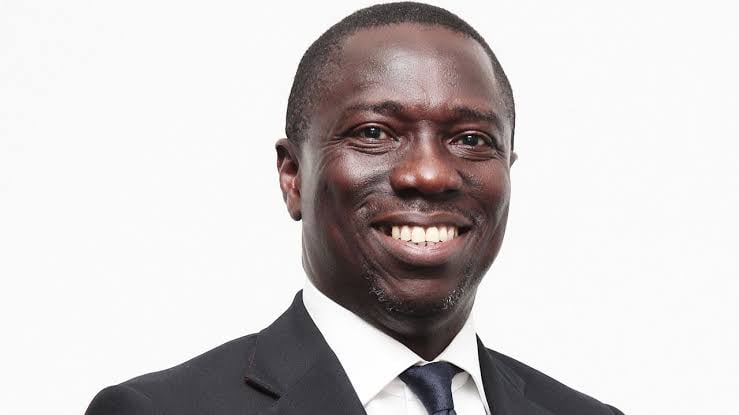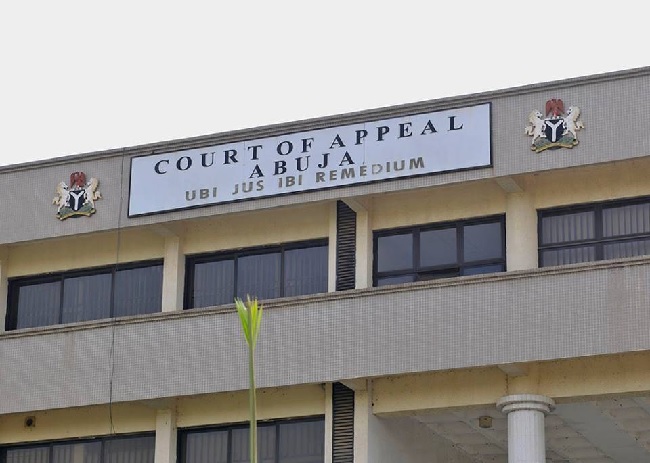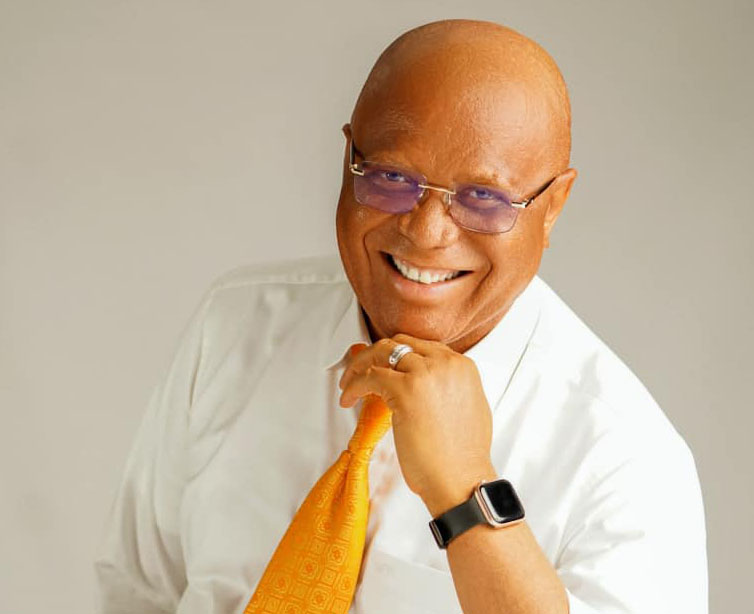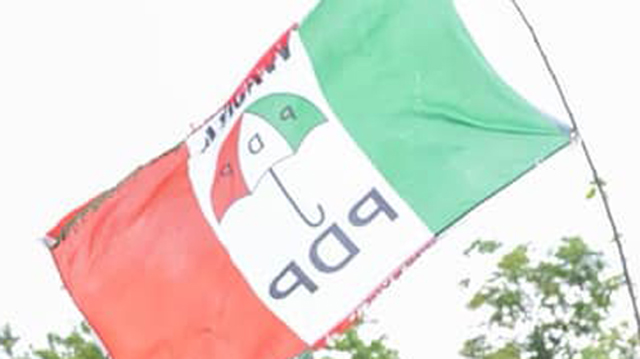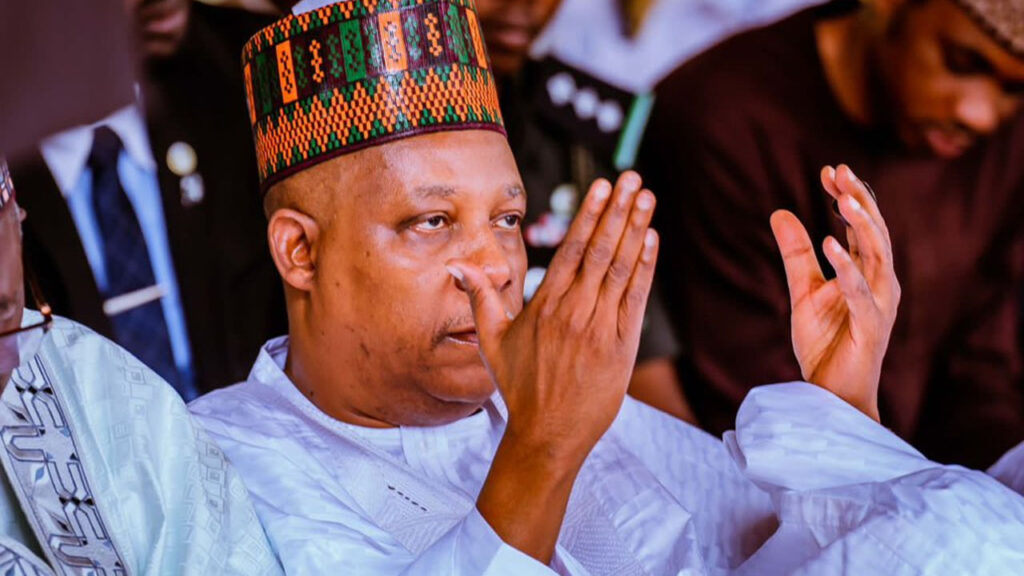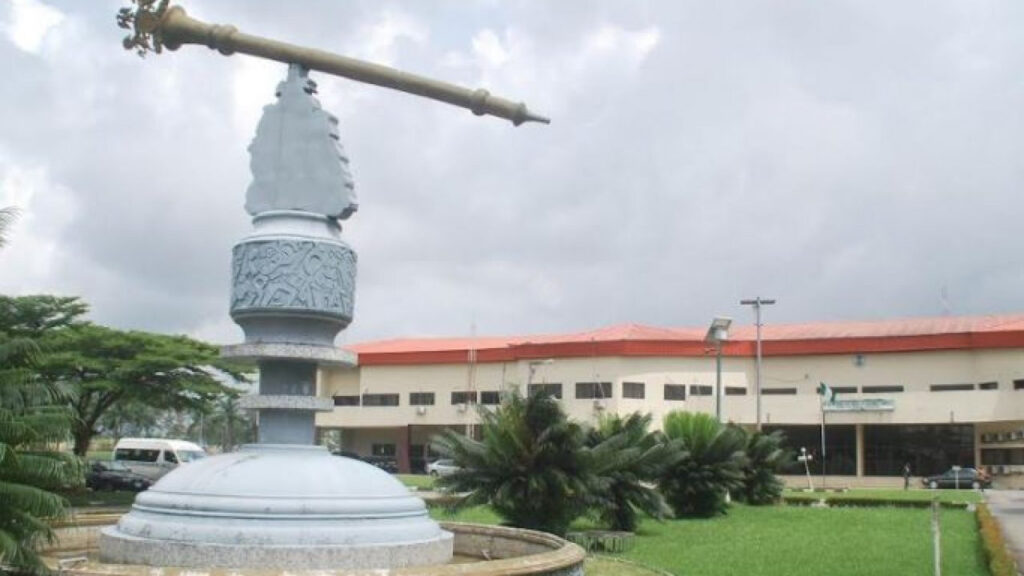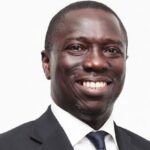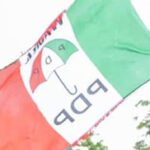
Recently, the Director-General of Progressive Governors’ Forum (PGF), Dr. Salihu Lukman, resigned his appointment as the manager of policy, strategy and governance system of state governors elected on the platform of APC.
Although the PGF and its opposition counterpart, PDP Governors’ Forum (PDP GF) are not recognised by the nation’s Constitution, the general impression of many Nigerians is that Dr. Lukman brought visibility to the governing APC more than any official arm of the party.
The DG’s exit, therefore, revived insinuations in some quarters that APC was merely articulated as a vehicle for accessing political power rather than a well planned political structure to drive good governance in the best ideals of presidential democracy.
As an analyst observed, the former DG was “on top of policy matters; he articulated and shaped thinking of the party bureaucracy. I think it’s not a plus to exit him, but a huge minus for a party and stakeholders that are stuck in old ways.”
Prior to the coming of APC, the term Progressive Governors was used to refer to governors from the former Action Congress of Nigeria (ACN), who, coming from the Southwest geopolitical zone of the country, believed that they represented the progressive political thought as opposed to the conservatism of the then leading PDP.
As the party in control of the Federal Government, PDP used its superior numbers to dominate the Nigeria Governors’ Forum (NGF), the umbrella organ of state governors. The governors used the forum to ventilate and cross-fertilise ideas, share experiences as well as use it to peer review one another.
However, as political exigencies demanded, especially given the attempt by the then governing party to perpetuate itself in power and the country into a one-party democracy, governors in opposition decided to come together under the banner of PGF. That collaboration blossomed after APC defeated PDP in the 2015 Presidential poll, as it began to serve the purpose of articulating policy guidelines and building public goodwill for the new governing party.
Prior to his appointment as DG of the forum, not much influence or publicity was given to the body. The creation of the directorate and the appointment of Lukman, as the head turned things around fast. The PGF, therefore, became an easy go-to place to glean information about the PGF, APC and activities of the governors.
The Guardian recalls that Dr. Lukman contested against the incumbent Kaduna State governor, Mallam Nasir El Rufai for APC gubernatorial ticket in 2014, but lost due to certain considerations that favoured El-Rufai, a former Minister of Federal Capital Territory (FCT).
As the PGF Director General, therefore, Lukman must have expected that on issues revolving around the performance of his office, his home governor, El-Rufai may not side with him. However, the former DG did not allow that reality to constrain or make him circumspect in holding his political views and upholding his democratic rights.
Lukman’s single-mindedness helped him to articulate the internal independence he craved for the governing APC, even as some governors began to see his outspokenness on topical political issues as disconcerting.
Voting against tyranny, impunity
IN a statement explaining his resignation from office, Lukman regretted that some members of the PGF became intolerant to the opposition in their desire to dominate the governing party.
From the vantage position of his office as DG of the APC governors’ forum, the Kaduna State-born politician could distil information and release impactful statements that read either as the position of the governors or the cry of a reformist interested in enhancing the democratic profile of the party.
For instance, on the heels of the agitation for the removal of former APC national chairman, Comrade Adams Oshiomhole, Lukman observed with dismay that it was becoming harder to convene the National Executive Committee (NEC) meeting of the party, in allusion to fears that NEC would ratify the former chairman’s suspension by the ward executive of his home constituency in Edo State.
Amidst the Oshiomhole-Must-Go campaign, Lukman was seen as the mouthpiece of APC governors, who wanted the former Edo State governor out of office so as to take over the APC leadership structure.
Lukman was also involved in verbal altercations with the party’s Legal Adviser, Babatunde Ogala, who was supportive of the Oshiomhole-led National Working Committee (NWC). Apart from calling for Ogala’s sack, Lukman noted sarcastically: “All manner of so-called legal experts emerged on the public scene to interpret both our constitution and court pronouncements. Yet, there are some demented officials called ‘Legal Advisers’ who are operating as senior officers of the party at all levels.”
In a push back, Ogala ordered Lukman to “stop dabbling into party issues” that are beyond him, stressing that his (the then DG’s) positions on the APC party flow from ignorance.
Ogala maintained that as an employee of PGF, the DG has no right to be running commentaries on the party, insisting that as Legal Adviser, he (Ogala) was responsible to those who elected him. “His employers, the governors, who are my colleagues on the NEC are those I can respond to,” Ogala declared.
But, perhaps because the DG’s tirades against Oshiomhole and the Legal Adviser, whom he accused of not rendering expert advise, seemed to please the governors, they could not call Lukman to order.
Nonetheless, it was obvious that Lukman’s political activism and internal opposition to the creeping despotism within APC became too daring after the Caretaker/Extraordinary Convention Planning Committee (CECPC) that replaced Oshiomhole-led NWC started moving round in circles over the party’s national convention.
In a statement, condemning the delay tactics by the Mai Mala Buni-led CECPC, Lukman recalled how the inspiration to set up the CECPC came from President Buhari, based on the popular expectation to halt drift in the party.
Apart from praising President Buhari for disagreeing with what was going on in the party at that time, Lukman noted that “once the Caretaker Committee began to show signs of reluctance to organise the convention, it should be a source of concern to all party members desirous of reform.”
As he became an obvious thorn in their flesh, especially the secret agenda of ensuring that they retain their hold on the party structure, the governors shelved their various group schemes to agree on Lukman’s ouster as DG of their forum.
However, before the governors came to that inevitable decision to ask the DG to resign, Lukman ambushed the PGF meeting by sending in his resignation letter addressed to the PGF chairman, Governor Atiku Bagudu.
For the greater part of Monday, January 17, when news of his resignation circulated in Abuja, Lukman’s phones remained switched off. As it was, Lukman’s pressure had paid off: the CECPC announced February 26 as convention date, even as internal schemes trailing the new Electoral Act amendment bill, which approves consensus method of nominating candidates, continued.
In an exultant tone two days later, Lukman released a statement, not only confirming his resignation but also charging all members of the party on the need to keep watch on the antics of the PGF and their CECPC envoy, Buni.
The former DG stressed: “The next task before all party leaders are to ensure the party’s new leadership emerge from February 26, 2022, National Convention will be tolerant to criticism, democratic and more importantly share the commitments of the founding leaders to build a truly progressive party.
While noting that the campaign to return APC to its founding vision was just starting, Lukman reiterated that his decision to resign his appointment was to put him “in an unhindered position to continue to freely hold the party accountable to the principles of internal democracy.”
He recalled how from the build-up to the 2019 elections, internal contests in APC began to degenerate, adding, “Some leaders became intolerant and conducted themselves almost as tyrants, while every campaign to get the leadership of the party to commence the process of internal reform was resisted.
“Some party leaders in the bid to emerge as candidates of the party for offices became hostile. Party campaign drifted to almost war situations in many instances. Organs of the party stopped meeting as required by the Constitution. Views of party leaders became decisions of the party.”
Unwavering agitation, advocacy
SOME APC faithful has accused the former DG of secretly doing the bidding of Asiwaju Bola Tinubu, who recently announced his intention to seek the party’s presidential ticket.
Lukman had disclosed what transpired between him and Tinubu after his resignation. He stated: “One of the party leaders, who honoured me with an invitation to meet him late on Tuesday, January 17, 2022, was Asiwaju Bola Ahmed Tinubu. He commended me for championing the campaigns to reform the party and expressed shock that some members of Forum were intolerant to criticism.
“He argued that any party leader who will not accommodate critical opinion on a fundamental issue such as respecting decisions and especially a matter as sensitive as organising the National Convention, which is the highest organ of the party, such a person is not a democrat and shouldn’t be associated with a party envisioned to be progressive, such as the APC.
“With these words, he encouraged me to continue with my campaign, which is what the party needs. He declared his support to all decisions of President Buhari to ensure that APC convention holds in February 2022.”
Not minding the attempt to box him in a corner as a Tinubu surrogate, Lukman left a mark fortifying the APC think-tank as a conscientious researcher and advocate for good governance. Having dismissed the opposition PDP as failing to do its job as an opposition party, the former DG constituted himself into an internal opposition or watchdog.
In one of his many interventions, Lukman called for a review of APC manifesto, which he had constantly enjoined the state governors to adopt as a road map for development and citizen-inclusion in their states.
In an interview with The Guardian months before his resignation, the former DG said leadership is not a popularity contest, stressing rather that, “it is about making hard decisions.”
“Those hard decisions would be liked by some sections of the party and some would definitely get angry. But, at the end, the party needs those hard decisions to survive. Inability to take those hard decisions create problems, whereby the party will start disintegrating.
“At the moment, President Buhari is providing the right leadership and he is not doing it in an overbearing or such a way that it has to be there. The party must avoid the problem whereby the structures as provided by the constitution are not meeting because the structure of the party is the negotiation platform.”
He said he faulted former national chairman, Comrade Oshiomhole, on his understanding of party supremacy, remarking, “Party supremacy is not the pronouncement of an individual leader, but decisions taken as an organ. Once those organs are not meeting, there is no basis of supremacy or you end up in a situation where bad leaders become bullies.”
On what he considers as the way out of frictions in APC, Lukman declared: “The most important thing the party can do to ensure that it is constantly renewing itself is to ensure that organs are meeting as provided in its Constitution. Once that is done almost all the problems are gone.”
With his exit as DG PGF, therefore, it is apparent that the governors are opposed to his recommendations.
Milestones of vitriol
SOME of the acerbic observations Lukman made, which his employers found distasteful include, call for the review of APC’s manifesto ahead of the general election.
He also enjoined the party leaders to prioritise debate on how to end insecurity in the country during the party’s national convention, as well as warning that if the debate at the national convention is restricted to who emerges as leaders without addressing those “fundamental issues, the ability of APC to mobilise Nigerians to build a new Nigeria would have been sacrificed.”
About the most pricking of his stance was the call on the party to convene caucus and NEC meeting before the convention. It was gathered that the failure of NEC to meet and ratify CECPC for another extension renders it illegal.
Lukman remarked in a statement that a stakeholders meeting is crucial before the February national convention, adding, “I want to appeal to party leaders again to prioritise the issue of relationship because the major challenge of politics in this country today is poor management of relationship among party leaders.
“This is creating a lot of internal crises and I believe that as we move towards the convention, we should resume meetings of statutory organs of the party, because that will help a number of issues, whether it is that of congresses or any other disagreement. One meeting can settle everything.”



